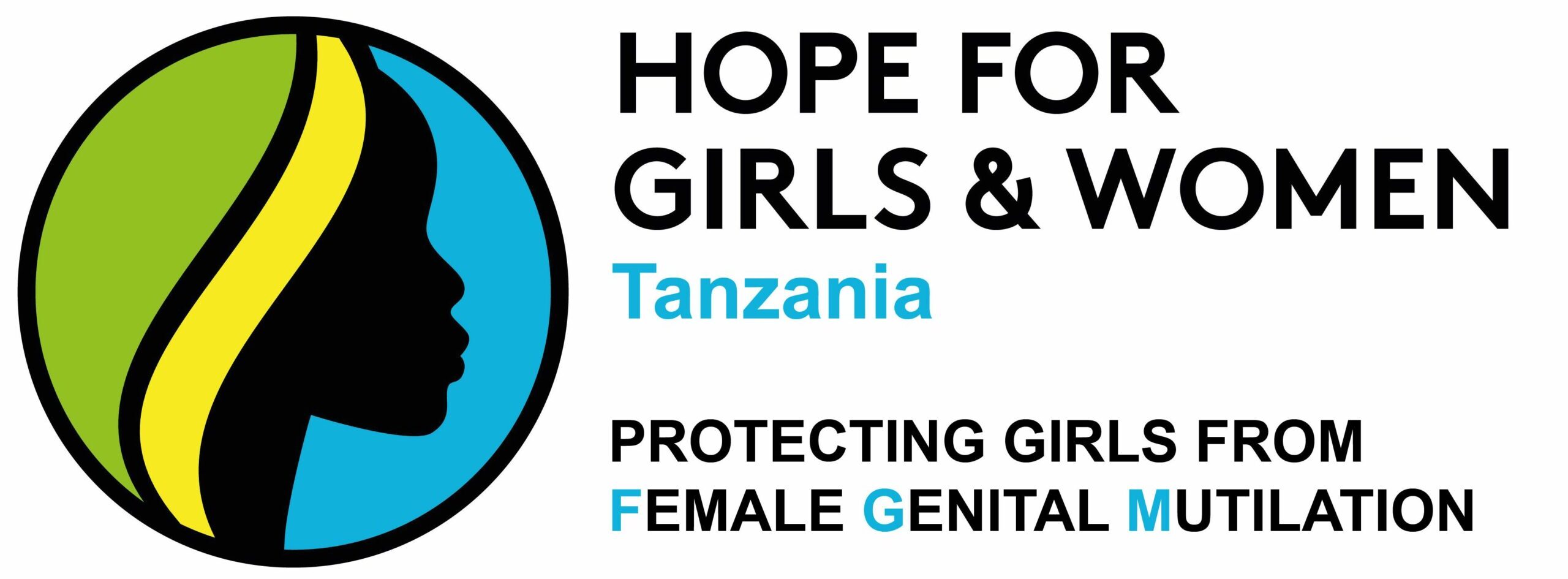Rhobi Samwelly, and most of the staff, are Kuria and have lived in Mara all of their lives, so they understand our community well.
Attitudes to women are entrenched in our community and girls are seen as the property of their families, who can be sold as brides to raise cattle, changing these attitudes takes time. Parents have not had the benefit of education, many of the women in particular are illiterate. They live in remote, isolated communities which few get the chance to travel out of regularly. Societies are hierarchical and male village leaders exert great power. They also benefit financially when girls are cut, as do the cutters.
Communities live in extreme poverty so the fact that uncut girls get a lower bride price is significant. They are also far beyond the rule of law and the support of the police, activists and local government support. Living from hand to mouth and being so reliant on support from their community makes them more reliant on the approval of their neighbours, so the fight against FGM needs to be at a community level.

We are a female-led organisation whose primary purpose is advancing gender equality. We empower girls to stand up for themselves, we educate them about their rights, and help them reach their dreams through education.
As well as supporting over 100 girls in our safe houses, and many more during “cutting seasons”, we also go out into the community and conduct road shows, performances, counselling and debates. We do this to educate people about the dangers of FGM, and the benefits of educating girls, for the girls themselves, their families and the wider community.
Many of the those coming to the safe houses have been raped or faced other forms of abuse, so we provide counselling sessions and, where possible and appropriate, help them through the legal process to report and prosecute perpetrators.
We provide training to women on how to recognise and report gender based violence, and support victims. We have set up digital champions with smartphones in all 87 villages in Serengeti and trained them how to protect women and girls in their communities and seek peer support via a WhatsApp group.
As FGM is partly an economic decision, we have trained women in how to set up small businesses to support their families, and we have set up a revolving fund from which they can access loans. We have run successful farmer training sessions – introducing participants to digital tools that can help identify issues with their crops.
